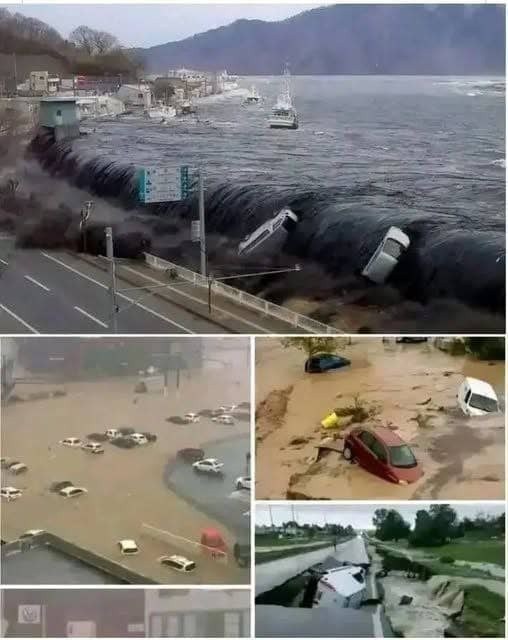“Japan has faced immense trials before — and we will rise again,” he vowed.
Hospitals in the hardest-hit regions are operating beyond capacity, shelters are overflowing, and over 1.5 million homes are without power. Shortages of food, clean water, and basic supplies are worsening by the hour. Japan’s Self-Defense Forces, aided by international rescue teams, are racing against time to pull survivors from the rubble.
A growing concern centers on the Fukushima nuclear power plant, which suffered severe damage to its cooling systems. Fears of a radioactive leak have prompted the evacuation of all residents within a 20-kilometer radius, while authorities closely monitor radiation levels.
Experts are calling this disaster the worst since the Great Kanto Earthquake of 1923 and the most powerful ever recorded in Japan’s modern seismic history. According to the Geological Survey of Japan, the energy released was equivalent to hundreds of Hiroshima-sized atomic bombs.
The world has responded swiftly. Nations including the United States, South Korea, Germany, and Mexico have dispatched humanitarian aid, specialized rescue teams, and technical experts. Messages of solidarity continue to pour in from global leaders.
In the midst of tragedy, the resilience of the Japanese people is shining through. Volunteers have mobilized nationwide, delivering aid, organizing relief centers, and offering comfort to survivors. Donation drives are underway, uniting the country in its determination to rebuild.
The road to recovery will be long, but as Japan begins to rise from the ruins, its unshakable spirit — forged through centuries of overcoming hardship — burns brighter than ever.
